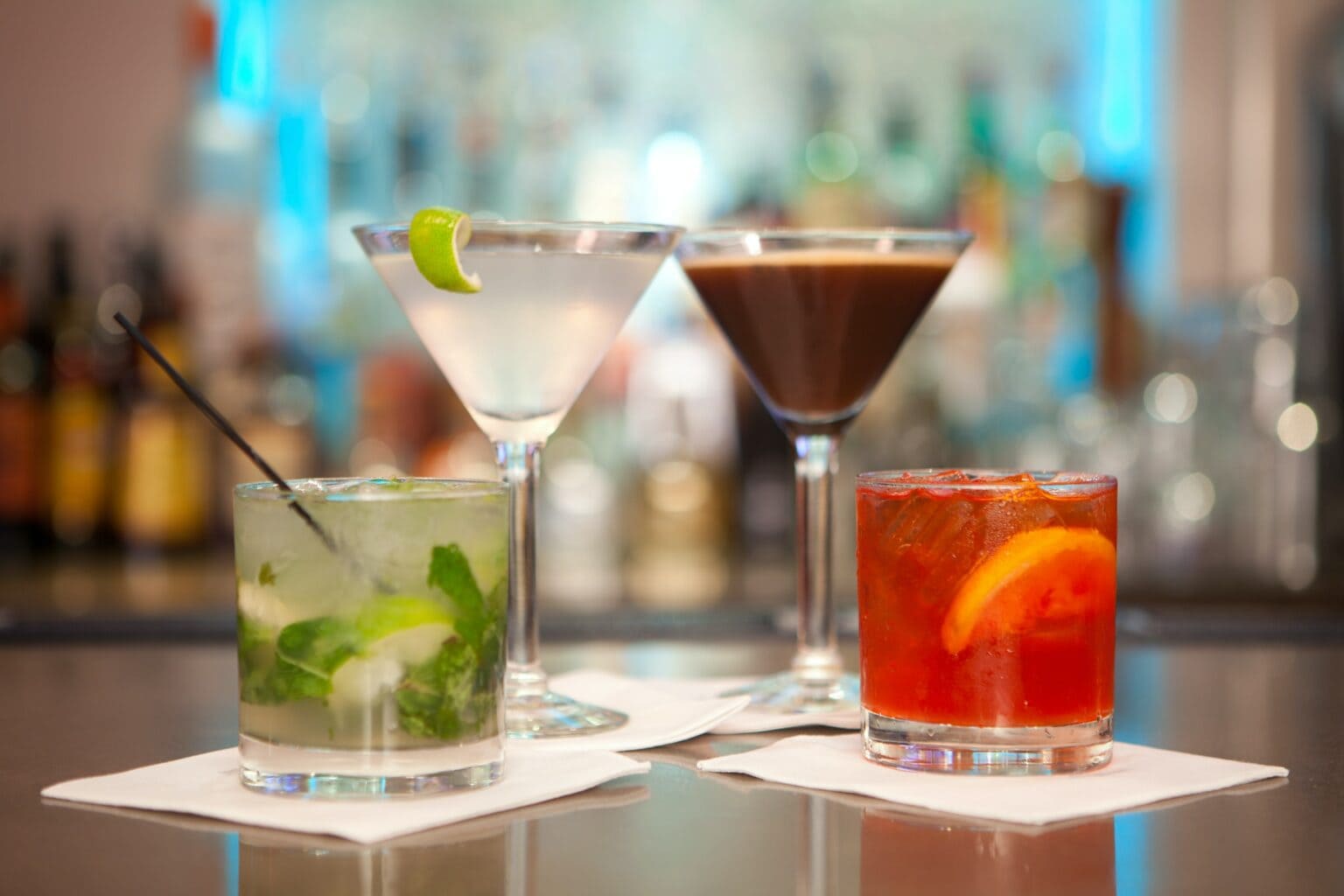The accelerometer built into a standard smartphone can determine with great accuracy if the person carrying the device is drunk, according to researchers at the University of Pittsburgh.
If used in the real world, the finding could lead to iPhones that warn their owners before they get behind the wheel intoxicated.
Your phone might warn you if you’re stumbling drunk
Breathalyzer gadgets that measure blood-alcohol levels remain the best way of testing sobriety in the field. However, the team of engineers and doctors from the University of Pittsburgh looked for an option that could work without anyone nearby even being aware the test was going on. They settled on measuring drinkers’ physical coordination.
“Alcohol, especially at levels greater than .08%, produces psychomotor changes, manifested primarily through impaired speech and gross- and fine-motor function,” the scientists point out in their published results. “One measure of psychomotor performance that is particularly sensitive to alcohol is gait, which requires coordination of multiple sensory and motor systems.”
So they set out to see if the sensors in a standard smartphone could tell if a test subject was intoxicated by the way they walked. Turns out they could.
“In this laboratory study, we found that smartphones can capture unique gait features that are sensitive to alcohol intoxication, classifying alcohol intoxication within individuals with an accuracy of around 90%,” they said in their results.
Smartphone sobriety tests
While promising, this doesn’t mean you can use your iPhone as a drunkometer immediately. The researchers called this a “proof-of-concept study.” They conducted their tests in a laboratory, under controlled conditions.
And they pointed out another limitation to their study. “We placed the smartphone on the lower back, which may not represent where individuals keep their phones in natural environments,” they wrote. (They also said they plan to test how this works for smartphones carried in users’ hands or pockets.)
However, their initial results do align with a similar study done several years ago.
All this research might someday lead to iPhones that warn users who become intoxicated. And that could help prevent DUI arrests or, worse, tragic car wrecks. Apple continues to add health-tracking capabilities to its devices, so this seems like a natural fit.
The research at the University of Pittsburgh was carried out by Brian Suffoletto, M.D., Pritika Dasgupta, M.P.H., M.H.I., M.S., Ray Uymatiao, B.S., James Huber, B.S., Kate Flickinger, M.S., and Ervi Sejdic, Ph.D.
Source: Journal of Studies on Alcohol and Drugs


